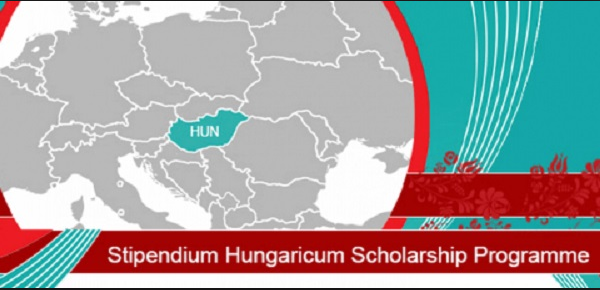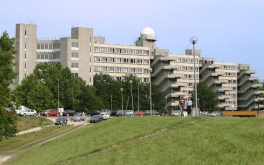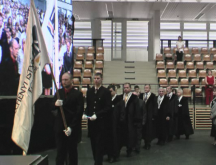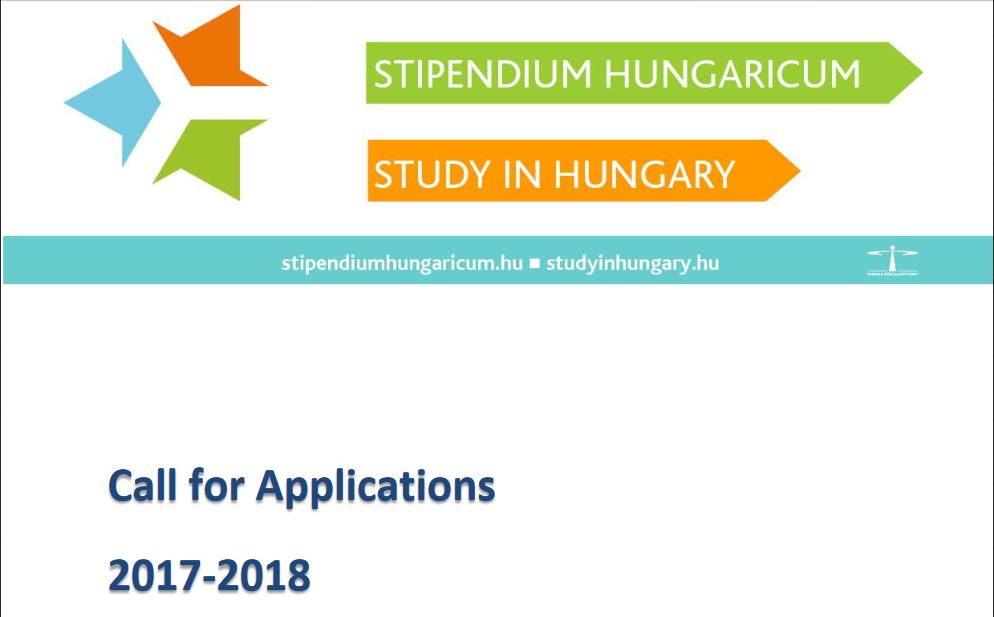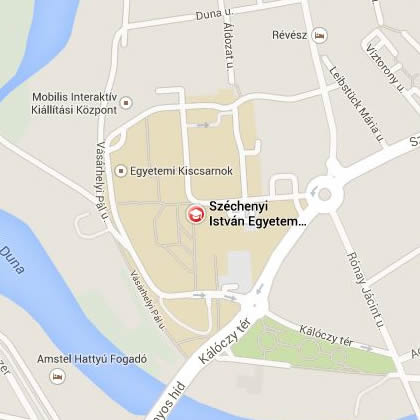History of the University
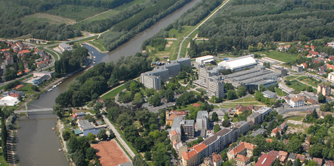 Győr has always been an important city of education. Besides the secular and religious elementary and secondary schools from the 18th century, institutions of tertiary education can also be found here, which have withstood the tests of time. The Jesuit Academy founded in 1718 offered theological, philosophical and juridical training, and from 1745 secular students could also study at the institution. The Royal Academy of Gyõr began its work in 1776. Giants of literature and jurisprudence pursued studies here such as Ferenc Deák, László Csányi (he was the Minister of Transport and Labour in 1848 after István Széchenyi) and Kálmán Mikszáth. The Academy continued to function until the end of the 19th century (1892).
Győr has always been an important city of education. Besides the secular and religious elementary and secondary schools from the 18th century, institutions of tertiary education can also be found here, which have withstood the tests of time. The Jesuit Academy founded in 1718 offered theological, philosophical and juridical training, and from 1745 secular students could also study at the institution. The Royal Academy of Gyõr began its work in 1776. Giants of literature and jurisprudence pursued studies here such as Ferenc Deák, László Csányi (he was the Minister of Transport and Labour in 1848 after István Széchenyi) and Kálmán Mikszáth. The Academy continued to function until the end of the 19th century (1892).
In 1968 the Transportation and Telecommunications Faculty of Technical Sciences (this was the previous title of the university) was established. The faculty specialised in training engineers for transportation and telecommunications infrastructure. The actual main building of the university was built in this year on the picturesque bend of the Moson Danube within walking distance of the baroque city. The institution bears the name of István Széchenyi the „Greatest Hungarian”.
Széchenyi István was born into one of the richest noble families in 1791. He was the initiator of the reform movements, which started in the 1820's as well as an excellent writer, politician and the founder of the Hungarian Academy of Sciences. He was also Minister of Transportation in the first independent Hungarian government (1848) and the creator of the first permanent bridge between Pest and Buda over the river Danube, which is called the Chain Bridge.
The university serves and will serve the economy and society of the city and the area with the continuous expansion of the educational spectrum. In the early 90’s in addition to technical sciences, economics, medical and social programmes appeared at the university. In 1995 the Eötvös Loránd University set up a law programme here, bringing a return of the juridical training to the city and since 2002 it has become an independent programme of Széchenyi István University. At the time of the millennium the Institute of Teacher's Training of the Liszt Ferenc College was integrated into the university making it a true institution of higher education. On 1st January 2002 the rank of University was granted to the institution thanks to the students, the academic quality of the faculties and the variety of programmes offered. The role of The Universitas-Győr Foundation was crucial in this process. The foundation has also helped and supported the initiation of scientific studies and research of the University with scholarships and contributions to cover costs.
Our university in September 2010 offers two one-cycle study programmes, 22 BA/BSc and 5 MA/MSc study programmes. These programmes have received permission to start training. The bachelor programmes (BA, BSc) usually last 6 or 7 terms and – like the college programmes – offer the student an opportunity to immediately continue their studies at the next level . The graduated students can continue their studies in Masters trainings (MA, MSc), which last three or four terms.
At our university the students can choose subjects from other programmes and can study simultaneously two undergraduate programmes. An economics student can enrich his/her knowledge by listening in on law or engineering subjects. In addition to the twelve thousand students attending the university full time there are five thousand students learning in correspondence courses and distant learning courses. Most recently we have begun to offer e-distant learning courses.
As a dynamically developing university we are constantly improving our courses, we are in a close communication with the economic sector and employers of the region. The successful tenders and scientific-research programmes, which we started with companies in the region show that the connection between the university and the regional economy is very close. The labour market values the efficiency and the educational efforts and it makes it easier for our graduates to get gainful employment. The City of Győr and the region is a motivating place to study. Széchenyi István University's quality is reflected not only in the national marketplace but also at the international level, as many multinational companies hire our graduates and work with our university, such as Audi, Nokia and Phillips...
|
|

